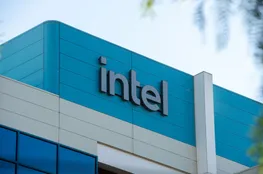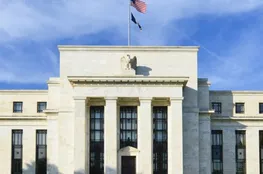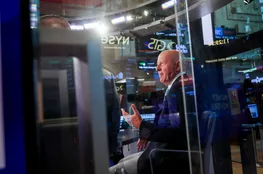In the world of sports, timing can make or break a venture, whether it's in telling a joke, playing an instrument, or making significant investments. This principle holds true for Ipswich Town, a football club that experienced a rollercoaster journey from its glory days in the Premier League back in 2002 to struggling in lower divisions. Fast forward to April 2021; Ipswich underwent a pivotal change in ownership. Marcus Evans, its long-time owner, sold the club to Gamechanger 20, backed by an Arizona state pension fund and a consortium of American investors. This group included Philip Ciano and Jake Zahnow of Bright Path Sports Partners, who made a substantial investment in the club valued at £250 million, a hefty milestone for the Championship league.
Ipswich Town found itself steered by a new, ambitious strategy. Chief Executive Mark Ashton played a crucial role, leveraging his expertise in managing football clubs to attract investors. This began five to six years earlier from an initial presentation at a USL conference. Ashton and the investors abstained from micromanagement, opting instead to empower the club's leadership. Ashton notes that unlike other clubs, Ipswich maintained autonomy in decision-making, free from interference from its owners.
Central to Ipswich's revival was the choice of manager Kieran McKenna, who previously served Manchester United. Through workshops and community engagement, the club sought to align fans and former players with the new direction. Investment came in the form of improved facilities, a new pitch at Portman Road, and a revamp of the training ground. They also saw a growth in merchandising and a robust increase in match attendance. Collaborations, such as one with local superstar Ed Sheeran, who previously sponsored their shirts, strengthened community ties.
A focal point in Ipswich's success story was the financial input from Bright Path Sports Partners. This involvement brought in not only capital but also strategic expertise. Zahnow and Ciano, along with their team, had been researching global football for opportunities that presented tangible growth. They believed in investing in people over assets, and saw Ipswich as an ideal platform. Having been longstanding participants in major U.S. sports, they sought this new venture as a way to introduce strategic Native American capital into European football, breaking new ground in sports investment.
The team's promotion to the Premier League marked a joyous occasion for its investors, many of whom were present to witness this feat firsthand. The savvy move made by the American investors was not just about the capital but also capitalizing on the global appeal of football. Unlike American leagues where valuations are largely detached from performance, in European football, success on the pitch correlates directly with club value. This approach to investing emphasizes not just financial gains but also cultural and community impact, particularly for a club with a rich history like Ipswich.
Looking forward, Ipswich has further plans for development. This includes a significant investment in their training ground and incremental enhancements to their stadium. There's also the prospect of expanding their reach into new markets, with plans involving Ed Sheeran to boost both popularity and community engagement. Zahnow and Ciano view the 2026 World Cup in the U.S. as a key opportunity to enhance Ipswich's profile globally. The investment phase is still in motion, with capital directed towards growth rather than short-term gains. This sustainable approach underscores the ethos of Ipswich Town's new custodians, as they look to climb the ranks of European football with an eye firmly on a prosperous future.
























